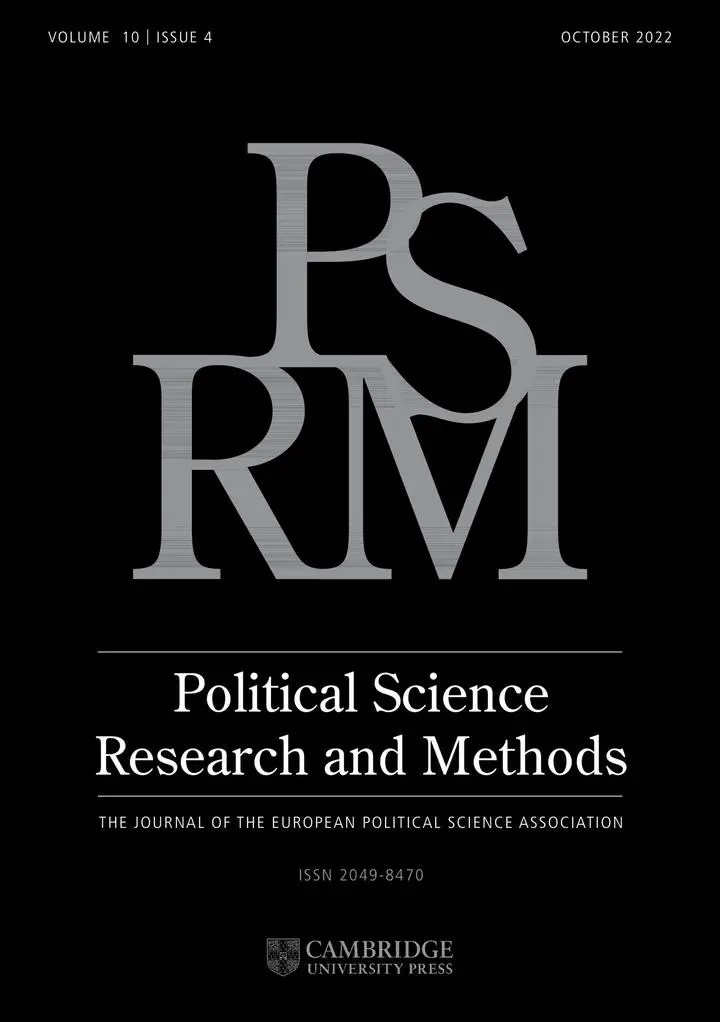Belief in Territorial Indivisibility and Public Preferences for Dispute Resolution

Abstract
This study investigates how individuals may develop more or less strong beliefs in the indivisibility of a disputed territory and how such beliefs may influence their policy preferences toward resolving the dispute. Using a survey experiment in Japan, we find that historical ownership strengthens respondents’ beliefs in territorial indivisibility. Furthermore, those who hold the strongest belief in territorial indivisibility are much less likely to support bilateral negotiation and more likely to support contentious policies, including but not limited to military actions. Finally, we explore external validity of the findings by analyzing respondents who had a real dispute in mind during the survey with China, South Korea, and Russia, respectively.